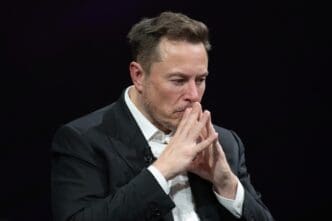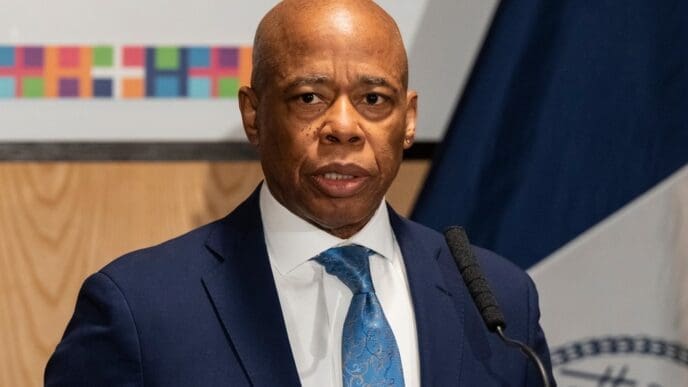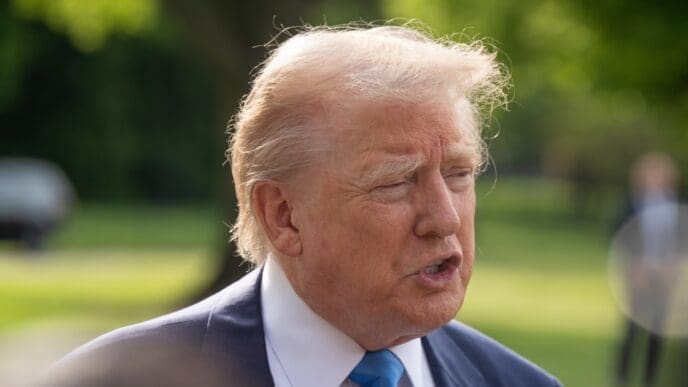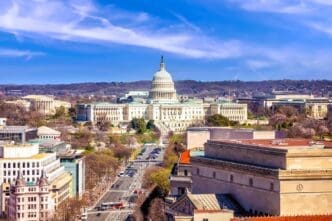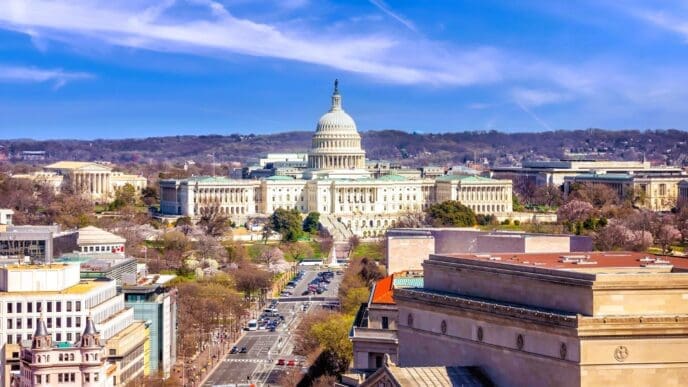The future of DOGE, the government cost-cutting organization led by Elon Musk, seems uncertain as recent developments indicate a potential winding down of its operations. Musk, who has been working closely with President Donald Trump, suggested he will soon conclude his role. Trump mentioned that Musk would eventually return to managing his companies, and hinted that the Department of Government Efficiency (DOGE) “will end.” The original plan was for DOGE to operate until July 4, 2026, but this timeline may be expedited.
In Wisconsin, Musk faced a setback when voters rejected his preferred candidate for the state Supreme Court, despite significant personal donations and campaign involvement. This follows challenges at Tesla, with the automaker experiencing a 13% drop in sales in the year’s first quarter.
As DOGE’s operations begin to wind down, employees have been relocated to various federal agencies tasked with leading cost-cutting efforts. Government-wide layoffs are ongoing to achieve Musk and Trump’s objectives. Trump commented that satisfaction with current administration members would likely be reached in the coming months.
While the potential conclusion of DOGE marks a shift in the administration’s focus, it does not signify an end to Trump’s efforts to bring changes to Washington. Initially envisioned as an independent advisory panel, DOGE integrated into the government when co-leader Vivek Ramaswamy left to run for Ohio governor. Musk, serving as a special government employee limited to 130 days of work per year, expressed confidence in achieving deficit reductions.
Despite missing target goals, Musk did not specify an exit date. Trump praised Musk’s contributions and expressed a desire to retain him as long as possible, though he acknowledged Musk’s obligations to his business ventures. The administration’s future direction without Musk’s participation remains unclear, but Trump suggested that Cabinet officials might continue employing some DOGE personnel.
In Wisconsin, Musk’s support did not sway the election outcome, with Susan Crawford defeating Musk-endorsed candidate Brad Schimel, securing a liberal majority for the state Supreme Court. Musk, reflecting on the defeat, acknowledged the strategic value of the loss.
Your World Now
- The potential end of DOGE could lead to changes in federal agency structures, as employees are reassigned to focus on cost-cutting measures.
- The shift away from Musk’s direct involvement might alter the pace and nature of governmental efficiency initiatives.
- Musk’s challenges at Tesla, with declining sales, may influence future business strategies and market dynamics in the electric vehicle industry.
- Political dynamics in states like Wisconsin could affect the balance of power and policy decisions, impacting residents and local governance.
- The outcome of DOGE’s efforts could have long-term effects on government spending, potentially influencing public services and the national deficit.

